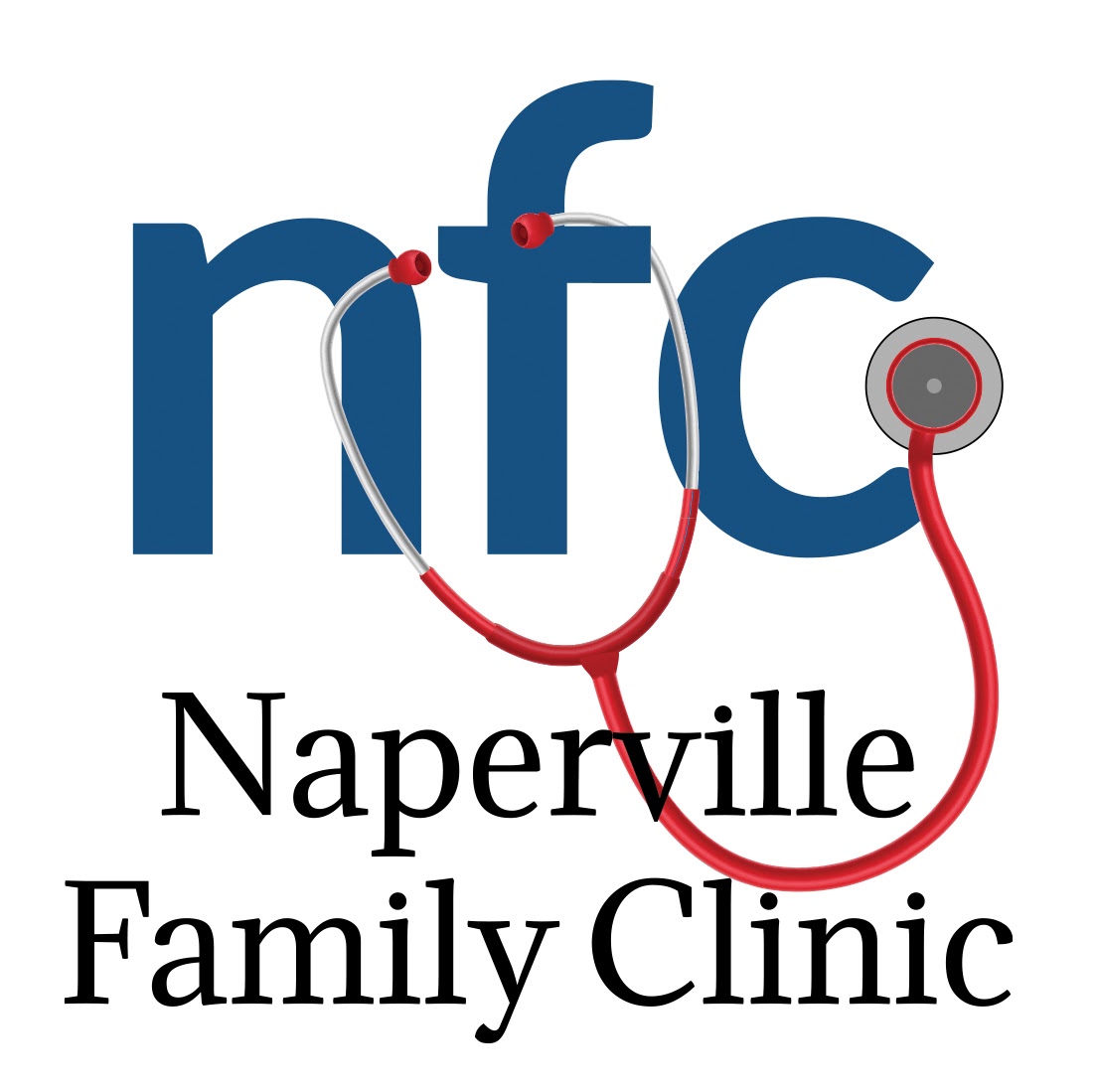What does it mean to have high blood pressure?
The force of your blood as it travels through the arteries in your body is known as blood pressure. Blood channels that transport blood from your heart to the rest of your body are known as arteries. Blood is pushed through your arteries as your heart beats. Blood exerts pressure on the walls of your arteries as it circulates. This is referred to as blood pressure.
You have high blood pressure when your blood flows through your arteries at a greater pressure than usual (also known as hypertension). High blood pressure may be caused by a variety of factors. Blood pressure that is excessively high or remains too high for an extended period of time may create health issues. High blood pressure that is uncontrolled puts you at risk for stroke, heart disease, heart attack, and renal failure.
There are 2 types of high blood pressure.
Primary hypertension: Hypertension caused by the body’s own mechanisms. This condition is also known as essential hypertension. When there is no recognized reason for your high blood pressure, it is referred to as this. Hypertension of this kind is the most prevalent. This kind of blood pressure typically develops over a long period of time. It’s most likely the consequence of your lifestyle, surroundings, and how your body develops as you get older.
Secondary hypertension: Hypertension that develops as a result of something else. This occurs when your high blood pressure is caused by a medical condition or medication.
Secondary hypertension may be caused by a variety of factors, including:
• Problems with the kidneys.
• Sleep Apnea (sleep deprivation).
• Problems with the thyroid or adrenal glands.
• Some drugs.
How can we Prevent Hypertension?
Risk factors for hypertensions
Hypertension risk factors that are out of your control include your age, family history, and ethnicity. Preventing high blood pressure means focusing on things you have control over, such as your diet and exercise.
Make these healthy lifestyle choices to prevent a hypertension diagnosis.
Maintain a healthy body mass index (BMI). Overweight individuals should strive to reduce weight, whereas normal-weight people should avoid gaining weight. According to the American Heart Association, reducing as little as 10 pounds may help avoid high blood pressure if you are overweight or have a BMI of 25 or above.
A well-balanced diet. Eating nutritious meals may help you maintain a healthy blood pressure level. Limit your saturated fat, trans fat, and sugar consumption by eating lots of fruits and vegetables. According to the American Heart Association, the Dietary Approaches to Stop Hypertension or DASH diet has been proven to help control blood pressure. The eating plan emphasizes the consumption of fruits, vegetables, and healthy grains. Red meat, salt, and sweets are all foods to avoid.
Reduce your salt intake. A low-sodium diet may help many individuals maintain normal blood pressure. The more salt you eat, the greater your blood pressure will be. By eliminating high-sodium packaged and processed foods and not adding salt to your meals, you may reduce your overall salt consumption. According to a 2017 research published in the Journal of the American College of Cardiology of more than 400 individuals with prehypertension, the combination of decreased salt consumption and the DASH diet significantly reduced systolic blood pressure.

Exercise on a regular basis. To avoid hypertension, go active. The more activity you do, the better, but even a little amount may help you keep your blood pressure under control. The American Heart Association advises 150 minutes of moderate-intensity aerobic activity or 75 minutes of intense exercise each week. Two days per week, muscle-strengthening activities such as free weights or resistance training should be added to the mix.
Take care of your stress. While the link between stress and blood pressure is still being researched. Stress is known to contribute to other important hypertension risk factors, such as unhealthy eating and alcohol consumption.
Conclusion
Examine your daily routine to see where you can make changes to help prevent hypertension. Conquer modest objectives, such as nibbling on fruits and veggies instead of junk food, and keep practicing these healthy behaviors until they become second nature. If your blood pressure is presently under control, making these lifestyle adjustments may help you avoid high blood pressure or decrease your blood pressure if it is already high.


Hi, this is a comment.
To get started with moderating, editing, and deleting comments, please visit the Comments screen in the dashboard.
Commenter avatars come from Gravatar.